There are a lot of questions that go through people’s minds when it comes to gardening. One of the most common ones is whether or not to add earthworms to potted plants.
People often wonder if earthworms are necessary for plant growth and if they do more harm than good. In this blog post, we will answer these questions and provide you with some valuable information about earthworms and their role in gardening!
Should I Add Earthworms to Potted Plants?
Earthworms aerate the soil and help to loosen compacted earth, making it easier for roots to grow. They also help improve drainage and the pH of the soil. In addition, earthworms consume organic matter and release nutrients that are essential for plant growth.
However, it’s not recommended to add earthworms to potted plants as they need to consume a lot of organic matter to survive, which means they are likely to start munching on the roots of your plants.
Keep reading to learn more about earthworms and what role they play in gardening!
What are Earthworms?
Earthworms are invertebrates that live in the soil. They have a long, slender body and range in color from pink to red. Earthworms typically measure about 12 inches in length but can grow up to 36 inches!
Earthworms are often referred to as “nature’s plow” because of their ability to aerate the soil. They do this by burrowing through the earth, which creates tunnels that help improve drainage and water retention.
Do Earthworms Eat Plant Roots?
While roots aren’t the favorite food of earthworms, they will consume them if there isn’t enough organic matter for them to eat. This is why it’s not always recommended to add earthworms to potted plants.
In fact, you may want to take action if you notice earthworms in your potted plants. The best way to remove them is to gently dig them out with your hands or a tool.
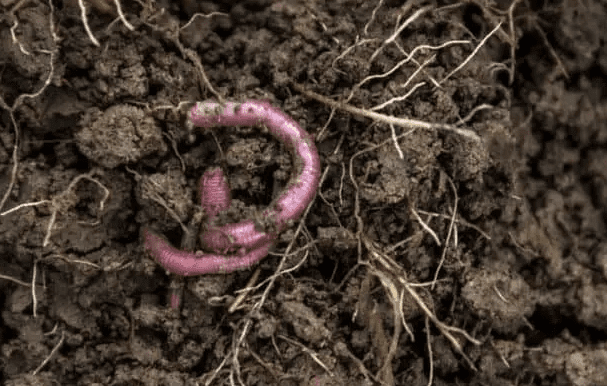
Benefits of Adding Earthworms to Potted Plants
While it’s not recommended to add earthworms to potted plants, there are some benefits to adding them to your beloved plants.
1) Micro and macronutrient fertilizers
Worm castings (poop) are one of the best fertilizers for plants. It’s full of essential nutrients that help promote growth, including nitrogen, phosphorus, and potassium.
2) Aerate the soil
As we mentioned before, earthworms aerate the soil by burrowing through it. This helps improve drainage and water retention in the potted plant.
3) Acidic soil conditions
Earthworms secrete a mucous that helps to create acidic soil conditions, which are ideal for most plants. This is because most plants thrive in slightly acidic soil with a pH between 5.5 and 7.
How to Deter Worms from My Potted Plants?
If you’re worried about earthworms getting to your potted plants, there are a few things you can do to deter them.
1) Keep plants inside
There are hundreds of earthworms crawling around in your backyard, but you won’t find many (if any) in your living room. By keeping potted plants indoors, you can avoid earthworms altogether.
If you do have to put your plants outside for a bit, keep a close eye on them and bring them back inside as soon as possible.
2) Use warm water
Earthworms are sensitive to changes in temperature. You can use this to your advantage by watering your plants with warm water. The warmth will deter earthworms from getting too close to your plants.
Any worms that are present in the soil will immediately come to the surface and run away. From there, you can scoop them up and move them to a better location.
3) Use a physical barrier
You can also create a physical barrier between your plants and earthworms by surrounding the plant pot with gravel, sand, or even coffee grounds. Just make sure the layer is thick enough that earthworms can’t tunnel through it!
4) Diatomaceous earth
This powder is made from the fossilized remains of algae and can be found in most hardware stores. Diatomaceous earth works by puncturing the exoskeleton of insects, which leads to dehydration and death.
To use it, simply sprinkle a layer around your plants and reapply as needed. Keep in mind that diatomaceous earth can also harm beneficial insects, so use it sparingly and only if the above methods don’t work.
5) Coffee grounds
Add coffee grounds to the soil to deter earthworms. You see, worms hate both the texture and smell of coffee grounds.
To use this method, simply add a layer of coffee grounds to the top of your soil and reapply as needed. You can also mix coffee grounds into the soil before planting. This should stop earthworms from bothering your plants!
6) Keep your plant healthy
A healthy plant is less likely to be attacked by pests and diseases. This is because a strong plant can better defend itself against predators. Plus, there’s no dead matter for worms to eat if your plant is healthy!
To keep your plants healthy, make sure they are getting enough sun, water, and nutrients. Also, don’t forget to monitor them for signs of distress (e.g., wilting leaves) so you can take action quickly.
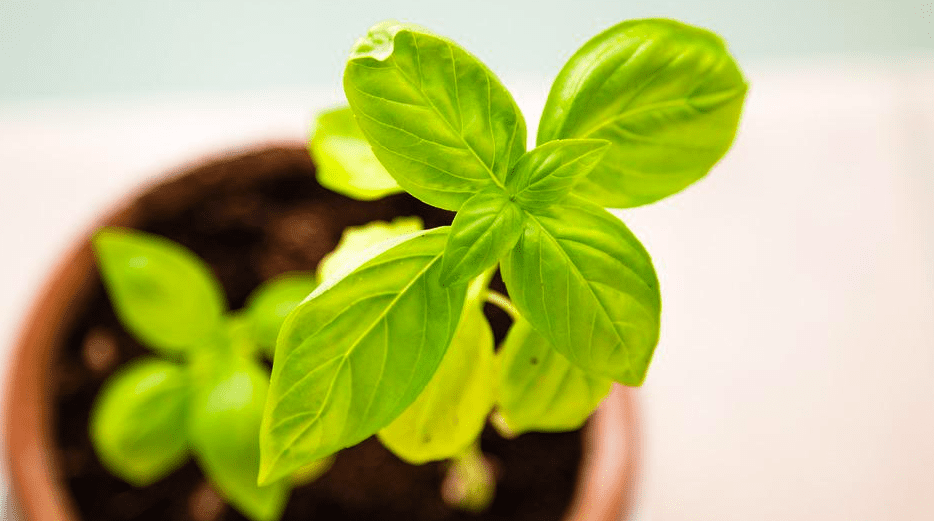
Other Types of Worms
Earthworms aren’t the only type of worms that can live in your potted plants. There are also segmented worms, such as:
Grubworms
These are larvae of beetles and are often mistaken for earthworms. Grubworms are white or cream-colored with a brown head. They can grow up to two inches long and are often found in soil that is high in organic matter.
There’s no benefit to having grubworms in your potted plants, so it’s best to get rid of them if you find any.
Cutworms
These are the larvae of moths and can be a major problem for gardeners. Cutworms are brown or black and grow up to two inches long. They get their name from their habit of cutting off young plants at the base.
If you find cutworms in your potted plants, remove them as soon as possible. Otherwise, they will continue to damage your plants!
Nematodes
Nematodes are tiny, translucent worms that live in the soil. They range in size from one to two millimeters long and are often too small to be seen with the naked eye.
There are both beneficial and harmful nematodes. Beneficial nematodes help break down organic matter and provide nutrients for plants. On the other hand, they can attack the roots of your plants.
Conclusion
In conclusion, there are both benefits and drawbacks to adding earthworms to potted plants. It’s ultimately up to you to decide whether or not you want to add them to your plants. Just remember to take all the above factors into consideration before making a decision!
I hope this article was helpful. If you have any questions or comments, please feel free to leave them below. Thanks for reading!
Tim is an avid gardener from the UK. He was the founder of PlantCarer.com from 2021 to Sep 2023. He sold PlantCarer.com to Aaron. He has since started his own business called Seed To Supper, which provides new gardeners all the materials you need in a box (pots, seeds, compost and instructions) to grow your own delicious and nutritious vegetables and herbs from start to finish – no garden required.



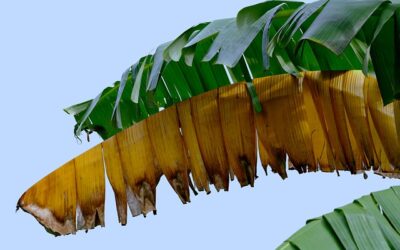

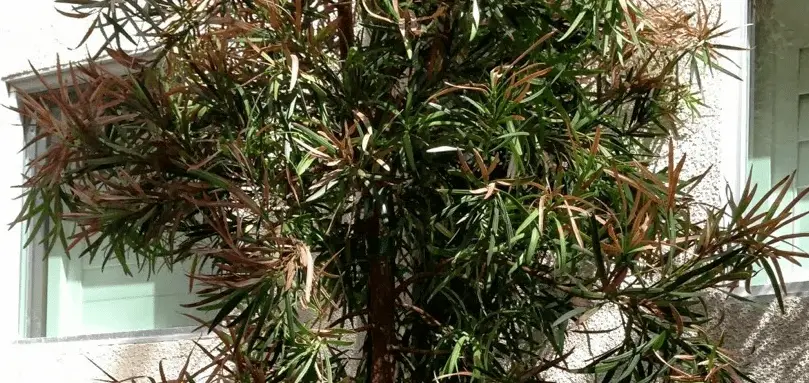
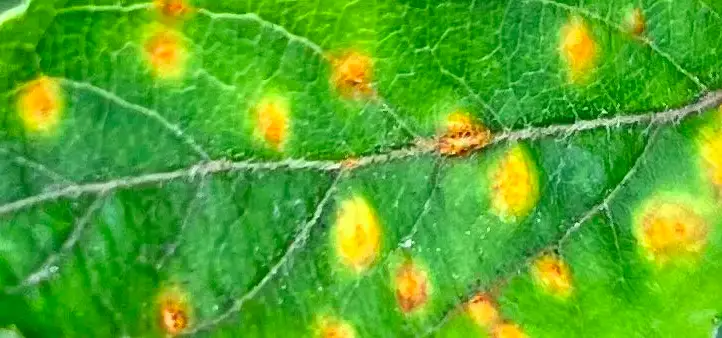
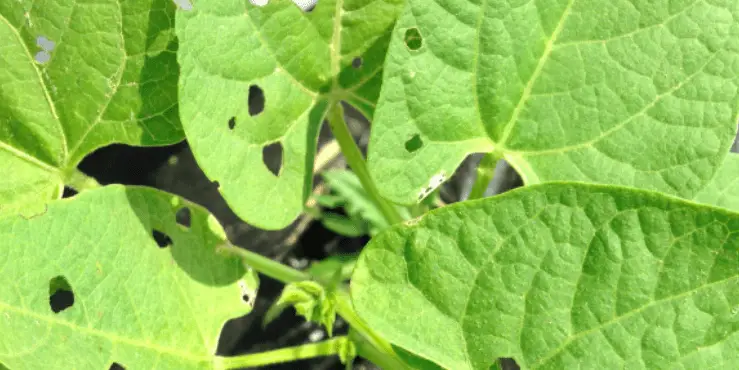

0 Comments